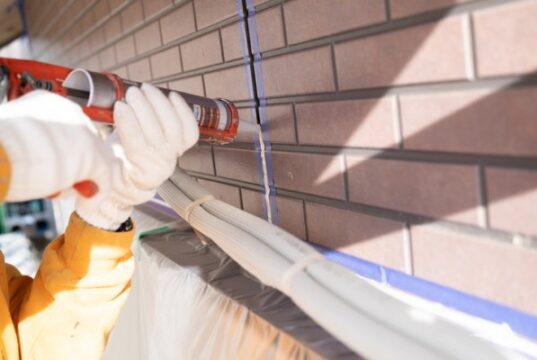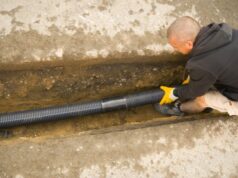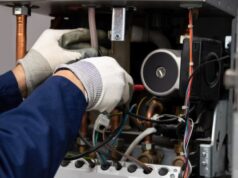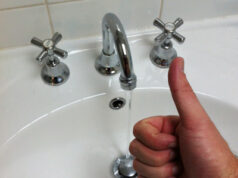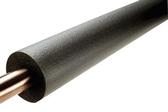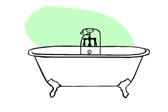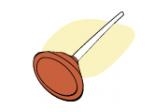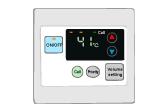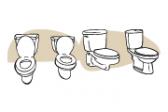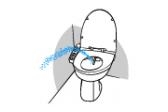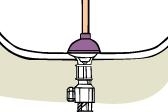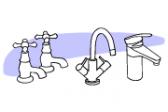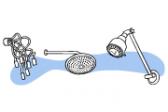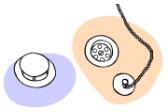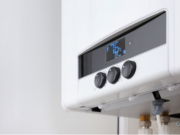Types of baths
We all know what a bathtub is, but you might not realise how many different types and styles there are to choose from. Find...
How to unblock a toilet
A blocked toilet can be an awful thing, and knowing the right way to unblock one can prevent a bad situation from becoming much,...
Instant hot water enhancements
Using hot water enhancements can not only improve the supply of hot water to your bathroom, but also help to reduce the amount of...
Toilet bowls
Despite the fact that 95% of toilets seem to look the same, there are a surprising number of different bowl and seat options.
Getting the...
Bidets
They're not common in Australia, but bidets are very popular in some parts of the world. Find out how a bidet works, what it's...
How to unblock a drain
Blocked drains in your kitchen are no fun - but thankfully they're not too difficult to deal with. Read our guide on how to...
Types and styles of taps
Taps can come in matching bathroom sets, but can also be mixed and matched to great effect.
Picking the right taps for your home may...
How to choose a shower head
The business end of the shower. Shower heads are often the most decorative aspect of a shower, as well as being vitally important to...
Traps, drains and wastes
Also called drains and plugholes, wastes are the grills through which water is drained as it leaves your bathroom. Find out what variations exist...
Hot water budget and cost
A clear budget is essential for managing costs and avoiding financial stress during a build or renovation. It helps you plan realistically, compare quotes accurately and make informed decisions throughout the project.

